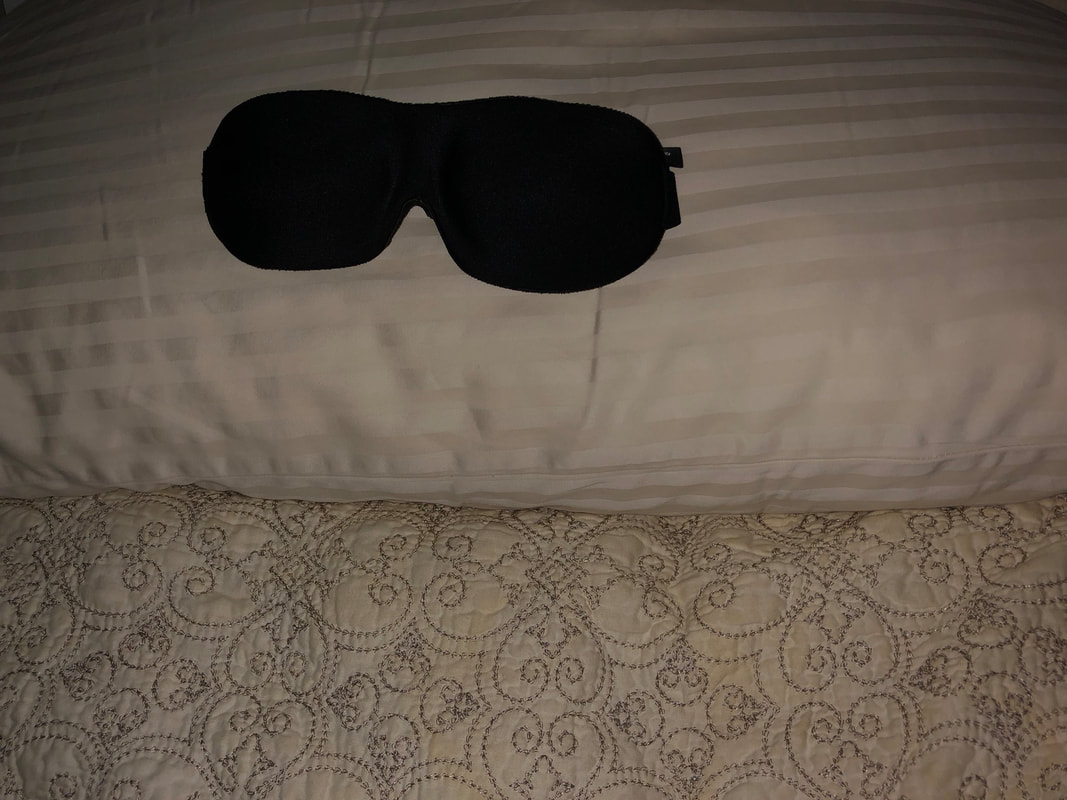|
You’d think sleep would be the easiest thing to coach. Free and it feels good, right? Better sleep can take your daily life from ‘miserable’ to ‘five-star resort’ in a remarkably short period of time. It doesn’t seem to have the air of preachiness that people detect in the areas of organization or weight loss. For whatever reason, though, people hang onto their poor sleep habits harder than anything else. It’s hard to get people to start taking sleep seriously.
The main reasons are obvious. Late at night is when we want to turn off the clock and indulge in all the habits we don’t want officially recorded. Late night is off the books, isn’t it? The other reason is that we want a part of our lives to ourselves, something that doesn’t belong to our employer. Pushing out bedtime means sleeping later, and sleeping later means coffee, and coffee often means treats. Why mess all that up by going to bed earlier like some smarmy goody two-shoes? At some point, in spite of all this, we decide that we’re sick of it and we’re done. Done. We need something better. The unrested life is simply not working. It’s time to start taking sleep seriously, like, immediately. This was me. My moment was the night I tried to shove my husband out of bed because there was “a robotic spider crawling down the ceiling” and I was prepared to let it eat me as long as he got away. Night terrors. I could live with restless leg syndrome, I could live with chronic insomnia, I could live with waking up throughout the night, I could live with grinding my teeth, I could live with occasional nightmares. Pavor nocturnus was my line. Not this. I was willing to read anything, listen to anyone, record everything, and literally try anything for weeks or months on end if I thought it had a slim chance of working. That’s the attitude it takes to fix a chronic sleep problem, because it’s not a “one and done” kind of a project. It’s a permanent lifestyle input. Why would you only want to sleep better for a couple of nights here and there? Another important thing to understand is the concept of the “aggregation of marginal gains.” This means that tiny incremental changes in multiple, different areas can add up to a noticeable improvement. It can also mean that doing only one thing won’t make much of a difference. An example of the aggregation of marginal gains would be trying to get to work earlier. You lay out your clothes the night before, buy a case of protein bars to keep in your car for a backup breakfast option, make sure to fill your gas tank in the evenings on the way home, pack your lunch while you’re cooking dinner, and streamline your makeup routine. Each of these saves you five minutes. Suddenly you’re ten minutes early instead of fifteen minutes late. Aggregation of marginal gains! This is all the stuff I really wish I knew when I first started my personal sleep research and experimentation journey. Of course, if I’d known all of this when I started, I probably wouldn’t realize how important it all was.
See that even a 1% improvement in each of these areas would be enough to get your total grade up? Try rating your sleep quality on a scale of 1-5, and track your personal adherence to these areas, also on a scale of 1-5. See if you can bump that up even a tiny bit on a consistent basis. Sleep is a complex system, poorly understood by medical science. That’s partly because we require superhuman acts of heroic self-mortification from our medical students. A doctor is the last person to ask about sleep, because so much deprivation is demanded of them that they can’t be much more than sardonic about it. Sometimes, the best we can do is to guess why we’ve tried so many things, only for sleep to elude us still. Other times, we know full well we’re doing it to ourselves. All it takes is the decision that that’s enough now. It’s time to start taking sleep seriously. Comments are closed.
|
AuthorI've been working with chronic disorganization, squalor, and hoarding for over 20 years. I'm also a marathon runner who was diagnosed with fibromyalgia and thyroid disease 17 years ago. This website uses marketing and tracking technologies. Opting out of this will opt you out of all cookies, except for those needed to run the website. Note that some products may not work as well without tracking cookies. Opt Out of CookiesArchives
January 2022
Categories
All
|

 RSS Feed
RSS Feed